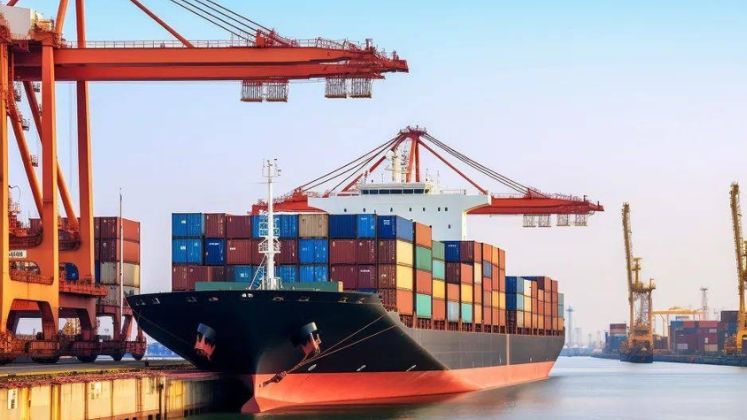
In a significant development concerning Bangladesh’s crucial port infrastructure, the Ministry of Shipping has decided in principle to transfer the operation of the New Mooring Container Terminal (NCT) at Chittagong Port back to the Chittagong Port Authority (CPA) for a six-month period. This move comes as the current private operator, Saif Powertec Limited, faces the expiry of its contract on 6th July, and amid mounting political opposition to involving foreign companies in port management.
The NCT, built at a cost of Taka 2,000 crore and completed in 2007, is the largest terminal at Chattogram port, featuring five jetties and capable of handling over a million containers annually. Currently managed by Saif Powertec since its inception through a direct procurement process, the terminal has been profitable and fully functional, contributing significantly to Bangladesh’s maritime logistics.
As the contract approaches its deadline, the Ministry of Shipping has held a meeting, where it decided, in principle, to allow the CPA to take charge temporarily. The CPA has since sought final approval from the Cabinet Committee on Economic Affairs, emphasising the need for a swift decision to ensure the smooth continuation of external trade activities. The authorities argue that appointing a foreign operator, such as the UAE-based DP World, would enhance efficiency and competitiveness at the port. The government aims to finalise a deal with DP World by September, with ongoing efforts to recruit a suitable foreign partner through a government-to-government (G2G) arrangement.
However, the proposal has faced fierce opposition from various political parties, labour organisations, and nationalists. Parties including BNP, Jamaat-e-Islami, and left-leaning groups argue that leasing a key national asset to foreign entities threatens Bangladesh’s sovereignty and security. Port workers have also protested, asserting that the terminal’s operational profitability and domestic ownership should be preserved.
Amidst these tensions, the IFC, part of the World Bank Group, has been advising on the transition process, including a possible three-month extension of the current contract with Saif Powertec, to ensure an orderly handover.
This debate over port management is critically important for Bangladesh’s Ready-Made Garments (RMG) industry, which relies heavily on efficient maritime logistics for export. Ports like Chittagong serve as vital gateways for RMG exports, and delays or inefficiencies can directly impact delivery timelines, costs, and Bangladesh’s competitiveness in the global market. The RMG sector accounts for a significant portion of Bangladesh’s GDP and foreign remittances, making port operations a strategic concern for economic stability and growth.
As political and trade stakeholders clash over the future management of the NCT, the industry watches closely. The opposition warns that privatisation and foreign involvement could undermine local control, while proponents argue that international expertise is essential to handle increasing container volumes and modernise port facilities.
With a road march scheduled for 27th and 28th June organised by anti-imperialist platforms protesting the leasing of the port, the debate underscores the broader tension between national sovereignty and economic efficiency. The outcome of this decision will likely shape Bangladesh’s port management policy and, by extension, impact its export-driven RMG industry in the coming years.






